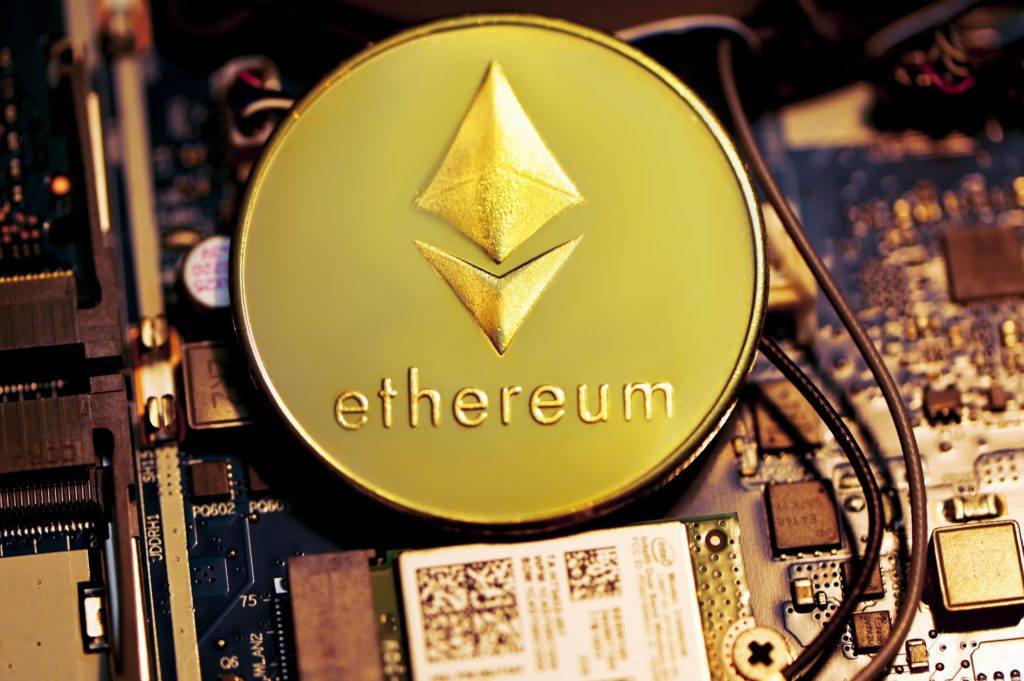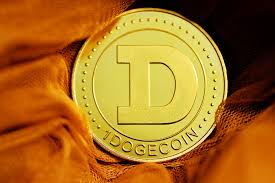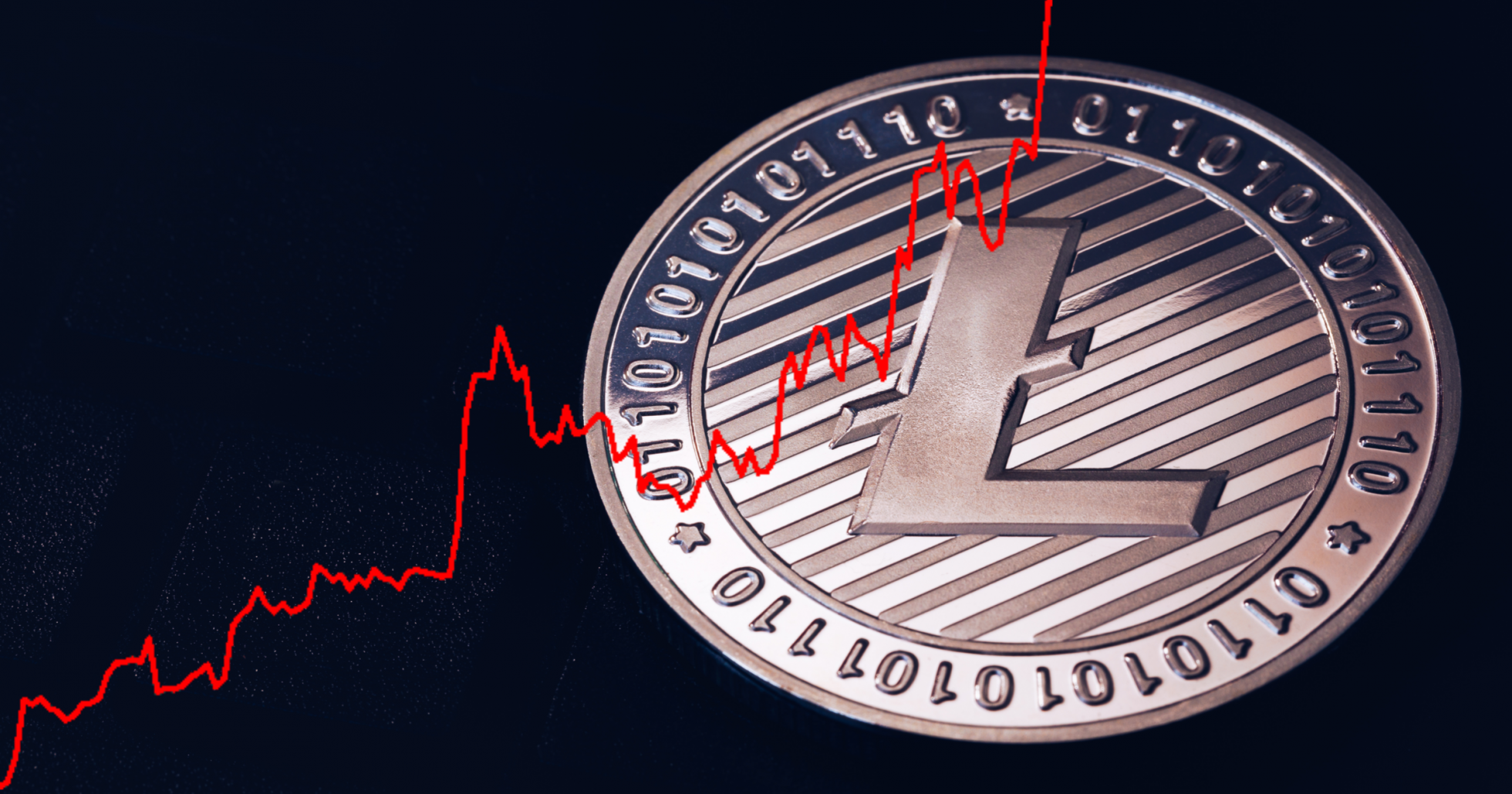Ethereum (Ethereum, Ether) is both a cryptocurrency and a functional decentralized ecosystem that has transformed the entire IT sphere.
The Ethereum project started in 2014, and money for the development of the platform was collected in the Initial Coin Offering process. In total, 31,549 BTC were collected through the sale of tokens. The project was successful, so the investors made good money. One of the founders is a Canadian with Russian roots – V. Buterin.

The creators of the ether, among which Vitalik Buterin stands out when launching this platform pursued the standard goals for the authors of cryptocurrencies – to improve Bitcoin. However, ether can hardly be called Bitcoin 2.0. They are somewhat similar, but there are several conceptual differences between them.
Some people talk about this, but the cryptocurrency boom of 2016-2017 is linked precisely with the launch and popularization of Ethereum. The new environment maximized the potential of blockchain in the fintech industry and gave impetus to the launch of new startups and projects, which in turn attracted huge investments.
Cryptocurrency Ethereum (Ethereum, short for ETH), or, as it is also called, simply Ether, is the second-largest by capitalization after Bitcoin. It is the platform’s internal currency. The market value (capitalization) of coins as of December 17, 2018, is more than $ 9 billion, which is more than 20%; cost of 1 ETH = 86.77 USD.
ETH has tightly taken the status of the second most widespread cryptocurrency in the world and the most innovative. In this article, we will talk about the features of Ethereum in a language that is understandable to an ordinary reader, without delving into the technical subtleties.
Unlike Bitcoin, Ether has unlimited emission, although the annual number of new coins is 18 million. The amount of coins already announced is more than 103 million ETH. Compared to Bitcoin, it has a faster confirmation time of transactions on the network.
According to the developers, Ethereum does not compete with Bitcoin but complements it in the digital ecosystem.
Difference between Bitcoin and Ethereum
Bitcoin and Ethereum are somewhat similar, as both are blockchain platforms. Only now the scope and functionality of bitcoin are much more limited. This platform is designed to conduct pseudo-anonymous transactions. While Ethereum is a perfect environment for realizing decentralized applications (Dapps) using smart deals.
The characteristics of the platform’s internal currency also vary. Bitcoin is named bitcoin and primarily serves as an electronic payment process. Ethereum uses ether, which in assumption is a token used to conduct smart contracts.
Here’s how Bitcoin can be described:
A global digital currency that can be stored and used to buy goods and services;
A decentralized financial environment without intermediaries with minimal fees;
Digital gold with anonymous activities and mechanisms to defend people’s money in unstable economies.
That is, Bitcoin is essentially a functional financial tool with elements of anonymity and decentralization. But Ethereum is a platform for building decentralized programs and applications on the blockchain. The smart contracts that underlie the web are universal. In Bitcoin, a smart contract ensures only payment transactions. And in Ethereum, they can be used in a wide variety of areas.
Both networks use the same Proof-of-Work protocol. This indicates that the computing power of computers is used for mining, guaranteeing security against double-spending and hacker attacks. And if Bitcoin has an established emission ceiling (21,000,000), then Ethereum does not. It is for this purpose that the Ethereum organization is considering options with the transition to the Proof-of-Stake algorithm (proof of stake) and the possible “burning” of a part of the mined coins. Conversations like this show another variation between Ethereum and Bitcoin – flexibility. The platform is easier to change, update and upgrade.
Ethereum advantages and disadvantages
Like any other cryptocurrency, Ethereum has pros and cons because of which it ranks second in the list of all known virtual currencies.
Pros:
Among the main advantages, it should be noted:
- Smart contracts have advanced features.
- The Ethereum platform is highly popular for ICOs.
- Using video cards for cryptocurrency mining.
- Block formation is fast.
These advantages of ETH are major over BTC.
Cons:
This cryptocurrency also has drawbacks, so one of them is the unlimited emission of coins, which leads the cryptocurrency to inflation and while bitcoin grows due to limited emission, there stands still. Also, the popularity of using cryptocurrency in many ICO projects overloads the system, but after updating and increasing the speed of block formation, Ethereum can cope with a large number of operations and high network load.











